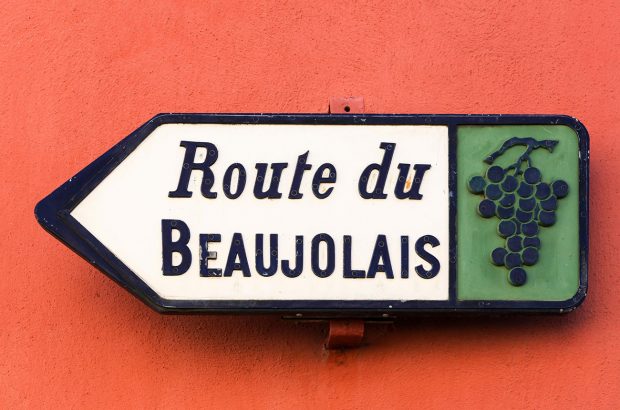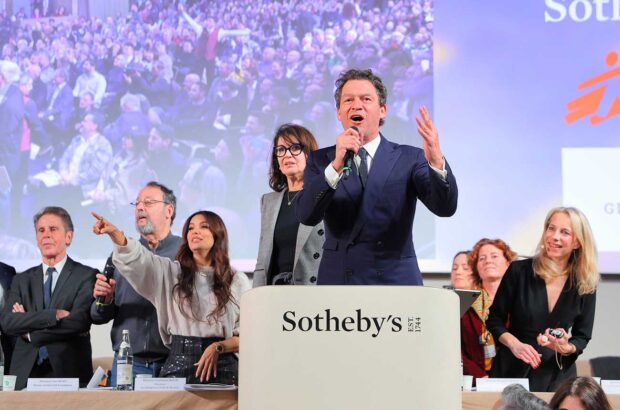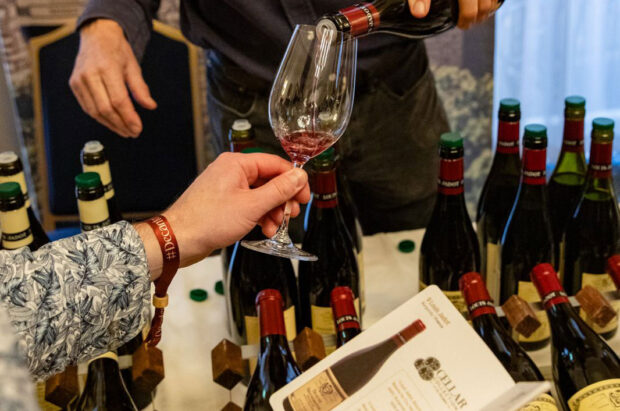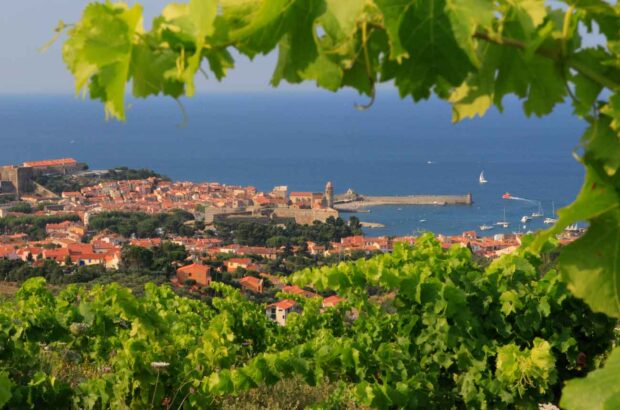The health lobby in France has invoked the Evin Law in a call for stricter limits on what bloggers and social media users can write about wine online.
A 2012 anti-Evin Law poster
A report on the issues of addiction in France entitled ‘Les Dommages Liés Aux Addictions et les Strategies Validées pour Reduire Ces Dommages’ (Damage related to addictions and strategies for reducing the damage) is being prepared as part of the background to forming government policy from 2013-2017.
One of the suggestions put forward is that alcohol promotion should be formally forbidden on the internet and social media, including promotion of wine.
Specific sites belonging to producers, online wine merchants or wine tourism sites would be exempt, but wine bloggers would fall under the definition of sites that would be no longer authorised, as would any specific advertising or promotion of wine.
‘We need to return to the key undertakings of the Evin Law [the draconian and unpopular 1991 law which regulates the advertising of alcohol and tobacco],’ writes Professor Michel Reynaud, the author of the report. He points out that since a modification of the law in 2009, many online sites have been allowed to relax their strict anti-alcohol rules.
‘We need to formally ensure that no media about alcohol can be aimed at young people, or potentially seen by young people, including the internet (except producer sites) and social networks.’
Reynaud cites findings that young people between the ages of 12 and 17 are three times more likely to drink alcohol than adolescents who do not have access to the internet, smart-phones, social networks and so on.
A campaign entitled Ne Touche Pas A Mon Vigneron, asking for support against the move, has been set up.
A petition will be sent to agricultural minister Stéphane le Foll, prime minister Jean-Marc Ayrault and health minister, Marisol Touraine.
The petition asks the government to make a distinction between wine and other alcohol, and, ‘to bear in mind that wine remains the major source of direct and indirect jobs, and the second largest income earner for the government at export.’
Written by Jane Anson in Bordeaux







